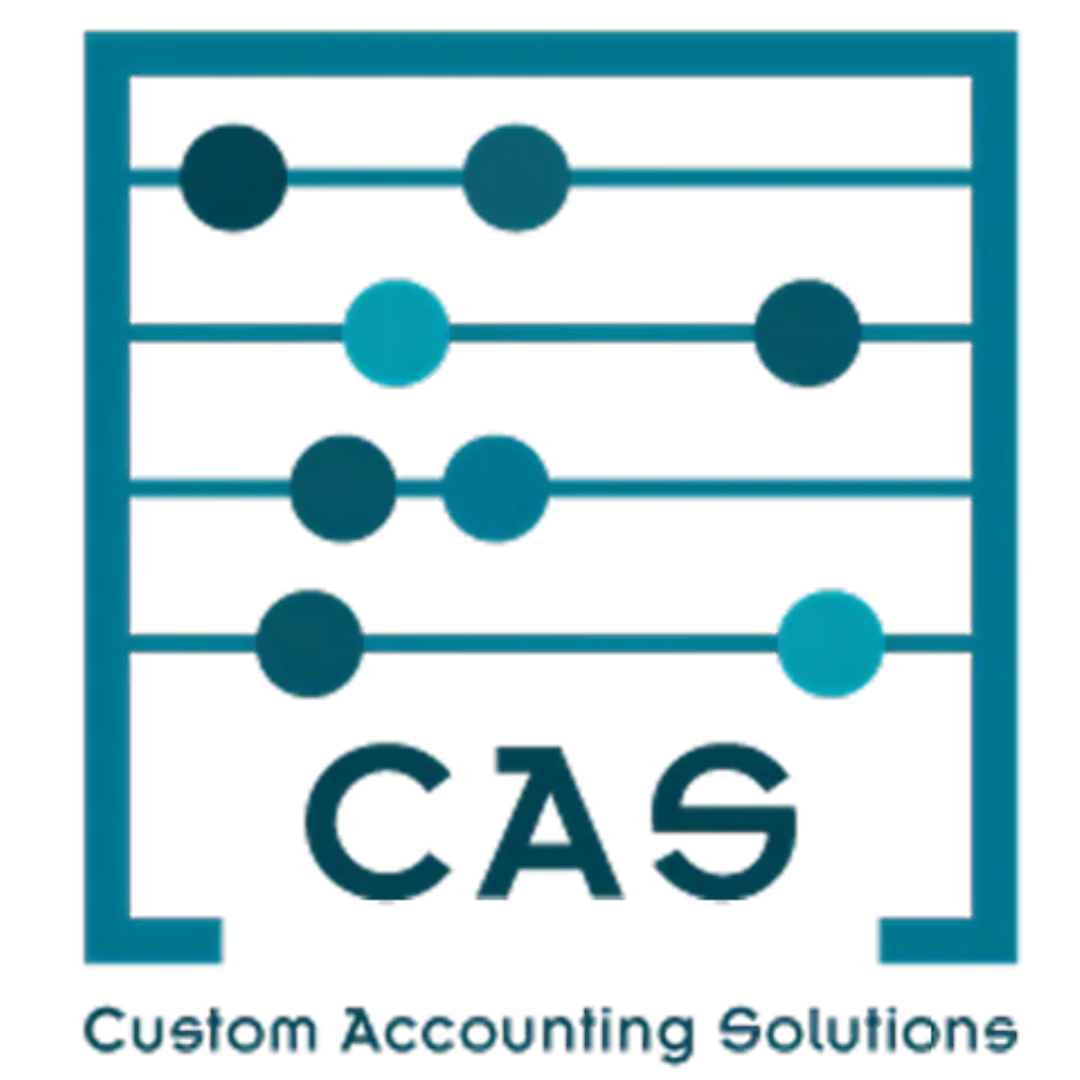The Importance of Proactive Tax Planning for Managed Service Providers
For many MSP owners, taxes are something they think about only when tax season rolls around. The problem with this approach is that it’s reactive. Only dealing with taxes when it’s time to file can lead to missed opportunities for saving money and improving your business’s financial health throughout the year. Proactive tax planning involves being strategic throughout the year. It’s about making decisions that minimize your tax burden, maximize your deductions, and ultimately help you keep more of the profits you’ve worked hard to earn.
Without proactive planning, you’re at risk of paying more taxes than necessary, which can limit your ability to invest in the growth of your business, hire new talent, or improve your infrastructure. Taxes shouldn’t just be an annual chore; they need to be part of your ongoing financial strategy.
MSPs face many challenges when it comes to tax planning. Without a solid plan in place, it’s easy to overlook deductions and credits that could save you money. Things like R&D tax credits, equipment depreciation, and certain software purchases can all be deducted; however, many businesses fail to track and document these properly. When you miss out on these opportunities, it’s essentially money left on the table.
Another common pitfall is failing to prepare for quarterly tax payments. Many MSP owners fail to set aside money for these quarterly installments, which can result in large, unexpected tax bills. The result? You may need to scramble to find funds to pay those taxes, which can drain your cash flow or force you to take on debt to cover the bill. And if you haven’t been keeping up with your estimated taxes, penalties, and interest charges, they could add even more strain to your finances.
Tax laws also change frequently, and staying up to date is crucial. New deductions might become available, or tax rules may change in ways that affect how you should file. Failing to stay informed about these updates means you may miss opportunities for savings or, worse, encounter compliance issues. Additionally, mixing personal and business expenses complicates the process even further. If your finances aren’t organized, you could run into issues when it’s time to file, and that might raise red flags with tax authorities.
So, what happens if you don’t take a proactive approach to your taxes? The immediate consequence is often higher tax bills. If you’re not actively planning, you’re probably not taking full advantage of deductions and credits, which means you could be paying more than necessary. This directly impacts your ability to reinvest in your business or cover essential operating costs.
So, how do you avoid these tax planning mistakes? The key is to make tax planning a year-round process. Work with a tax professional or accountant to review your financials regularly. This allows you to adjust as needed throughout the year, helping you minimize your tax liability well before it’s time to file.
It’s also crucial to maximize deductions and credits. Be sure to be aware of the deductions available to MSPs, such as those for equipment purchases, research and development (R&D), or employee benefits. Keeping detailed records and documentation will ensure you don’t miss out on these opportunities.
Another critical step is to plan for quarterly tax payments. Setting money aside throughout the year for these installments can help prevent unexpected expenses and maintain a steady cash flow. Many business owners find it helpful to open a separate account just for taxes, so they have the funds available when needed.
Keeping up with changes in tax laws is crucial for staying compliant and capitalizing on new opportunities for savings. You don’t have to be an expert in tax law, but working with a tax advisor who specializes in your industry can make all the difference.
Additionally, keeping personal and business finances separate is a straightforward yet effective way to stay organized. By having separate accounts for business expenses, you’ll avoid mixing things up come tax time and ensure that your deductions are accurate.
Lastly, consider setting up tax-advantaged retirement plans, such as a SEP IRA or 401(k). These plans can reduce your taxable income and help you save for the future, which is a bonus for both you and your employees.
The bottom line is that proactive tax planning is a crucial component of running a healthy MSP business. By planning, you’ll reduce your tax liabilities, avoid surprises, and free up more resources to reinvest in your business. Taxes don’t have to be a stressful burden. With the right strategies in place, you can minimize your tax burden and put those savings toward growing your business.
